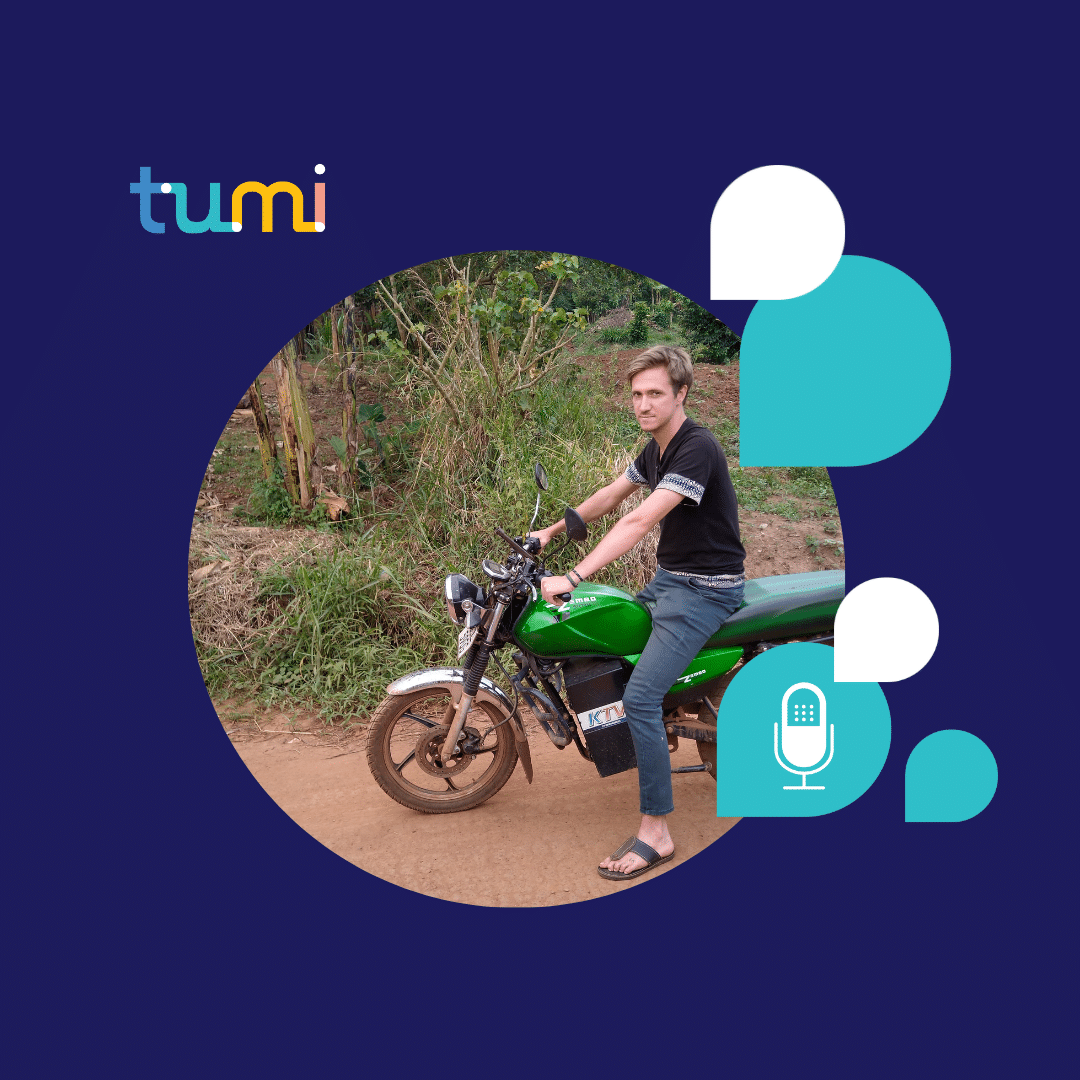Transport systems in countries along the East African coast haven’t changed much over the last 30 to 70 years, says Tom Courtright. The research director at the Association for Electric Mobility & Development in Africa and the Co-founder of Lubyanza, a research group in Kampala focusing on boda bodas, Courtright has been studying informal mobility in Kenya, Uganda, and Rwanda. By looking at these old-fashioned informal transport networks in his research, he can uncover both what’s driving the sector and what needs to be improved if we want to make a sustainable shift and reduce carbon emissions.
Courtright broke some of that research down in an interview on the Talking Transport Transformation podcast in a way that helps us to better understand transportation in Africa. Although informal transport networks vary from country to country, there are generally speaking three methods of transport in operation in any large city. Making up around 90% of the transport supply in major African cities, these remain, for the most part, unregulated.
Boda bodas, for example, provide cheaper means of nearly-private transportation; the motorcycle taxi can travel door-to-door, and weave their way through traffic and on less busy streets. Yet drivers are not regulated and in some places, like Kampala, laws that require passengers to wear helmets goes unenforced. A Tutktuk, on the other hand, can fit up to three passengers on its back bench and is more comfortable in the heat and safer for women. Yet they follow arterial routes and have a hard time beating traffic jams due to their size. Mini-buses, also called matatus, run on fairly standardized arterial routes and are in plentiful supply in Nairobi. Though they have the best chance at driver regulation or switching over to electric vehicles, governments in each of the countries have not felt incentivized to regulate, says Courtright.
“There’s a number of challenges because the systems haven’t changed much in the last few decades,” he says, also noting that each municipality has its own challenges based on ownership and modal share. “In many cases, larger fleets have been owned by politicians or politically-aligned people and this is what has prevented more effective regulation of the sector.”
As we move to reduce emissions further, however, there’s a common awareness that reforms to the informal transport sector are needed. To hear more about Tom’s work on electrification and policy development in eastern Africa, listen to our podcast episode with him here.
